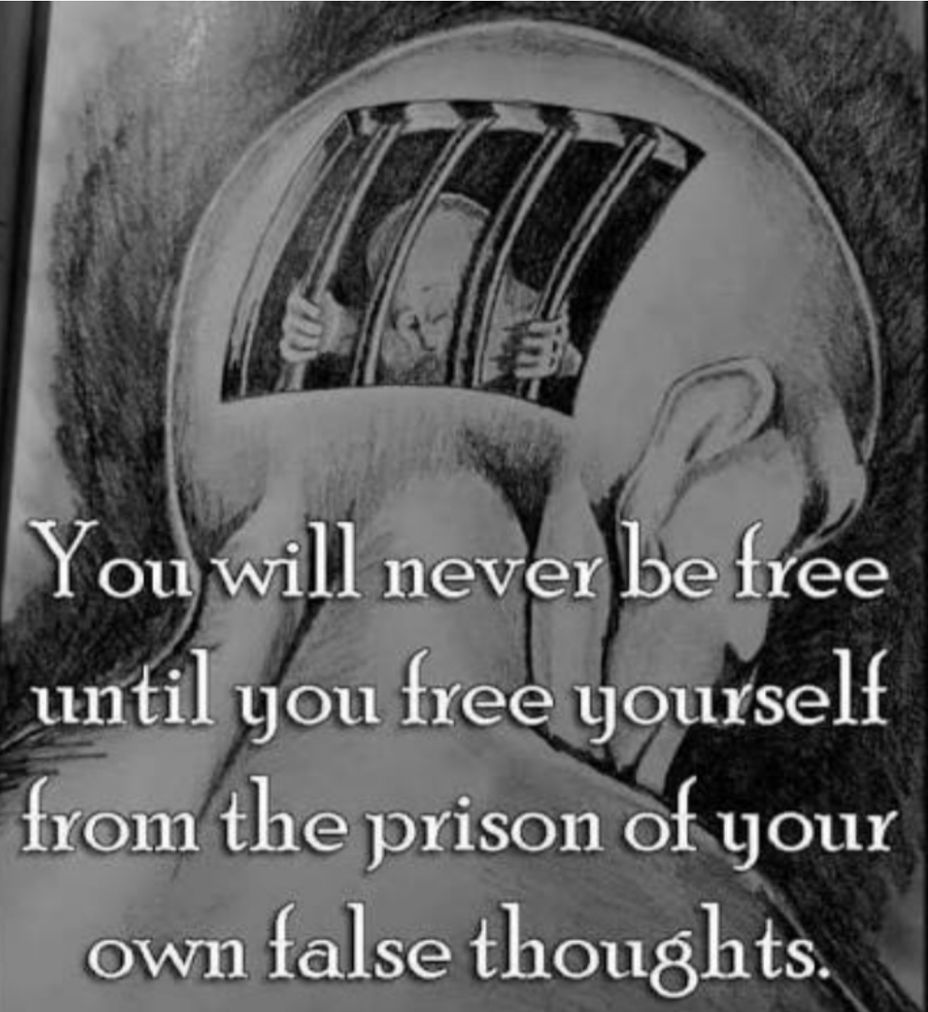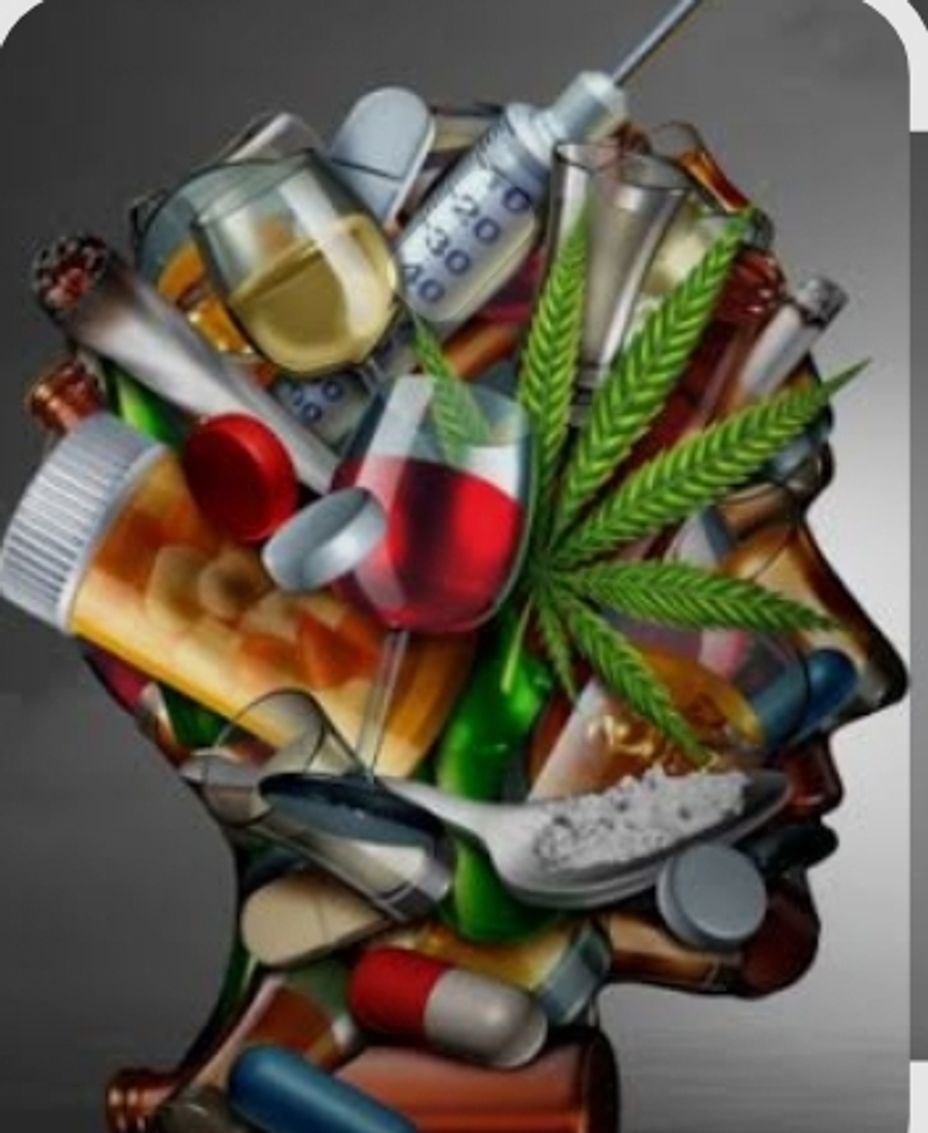Being My Own Worst Enemy By BigmommaJ
I want to talk about one of the hardest truths I’ve had to face on my healing journey—the battle within myself. It’s one thing to overcome pain caused by others, but it’s something entirely different when the person standing in your way is you. Mental health recovery has taught me that sometimes, the biggest fight isn’t with the world—it’s with the voice in your own mind.
——-
My Own Worst Enemy
(By Jacqueline Hayes)
I’ve walked through fires of my own design,
Built prisons in this heart of mine.
Each fear, each doubt, I let reside,
Until my spirit ran to hide.
I’ve torn down bridges I helped build,
Let guilt and shame go unfulfilled.
I blamed the world, I blamed the pain,
Not knowing I fed my own chain.
The mirror shows a face I know,
But she’s been hurt from long ago.
She’s strong, yet tired — brave, yet scared,
Haunted by truths she never shared.
I’ve been my foe, my harshest voice,
Silencing hope, denying choice.
But deep inside, I hear a plea —
“Please stop destroying what could be.”
So now I breathe, and face the flame,
No longer running from the name.
I’ll own my scars, forgive the past,
And free myself — at peace, at last.
For healing starts when I believe,
That I am worthy to receive.
No longer foe, no enemy —
Just me, becoming who I’m meant to be.
-------------
There was a time I didn’t need anyone else to tear me down—because I did it all by myself.
Every mistake, every flaw, every scar—I used them as weapons against me. I’ve been my own harshest critic, my own abuser, my own worst enemy. And the truth is, sometimes it’s easier to believe the lies your mind tells you than to face the pain underneath them.
I used to look in the mirror and only see what I wasn’t.
Not good enough. Not strong enough. Not lovable enough.
That voice in my head—the one that told me I’d never change—was louder than any encouragement I ever received. I thought if I punished myself first, no one else could hurt me. But all that did was keep me stuck in the same cycle of shame, guilt, and self-sabotage.
Mental illness and trauma have a way of twisting your reflection.
They make you believe you are the problem instead of the survivor. I spent years blaming myself for things that weren’t my fault—things I didn’t ask for. I carried that guilt like a badge of honor, as if hating myself would somehow make me more deserving of peace. It didn’t. It only made the healing harder.
It took me a long time to realize that I was standing in my own way.
Every time I doubted my worth, every time I told myself I’d fail before I even tried, I was feeding the very pain I wanted to escape. I kept waiting for someone else to save me, not realizing that the person I needed to forgive, to fight for, and to love—was me.
Learning to stop being my own worst enemy hasn’t been easy.
It’s taken self-awareness, brutal honesty, and compassion I didn’t think I deserved. I’ve had to unlearn the lies I told myself for years and replace them with truth: I am enough. I can change. I do deserve peace. I’ve learned that growth starts the moment you stop fighting yourself and start understanding yourself.
Now, when that inner critic tries to speak, I try to remind her: You’ve done enough. You’ve survived enough. You are enough.
Because every time I choose love over self-loathing, healing over hate, I rise a little higher above the person I used to be.
To anyone reading this who feels trapped by their own thoughts—please hear me.
You are not your mistakes. You are not your trauma. You are not the cruel things you say to yourself in your lowest moments. You are human. And you are worthy of grace, even from yourself. Especially from yourself.
The moment you stop being your own worst enemy, you give yourself permission to become your greatest ally.
And that’s where true healing begins.
Rise Above Your Norm
For me, rising above my norm meant learning how to be on my own side for once. It meant choosing to nurture the parts of me I used to destroy. It meant forgiving myself—not because I forgot what happened, but because I finally understood I deserved peace more than punishment.
Every time I choose self-compassion over criticism, I rise a little higher.
Every time I silence the voice that says “you can’t,” I remind myself that I already have.
The battle with my own mind hasn’t ended—but now, I fight for myself, not against myself.
> “The war inside me didn’t end—it just changed sides.”
BigmommaJ
# Selfsabbotage #mentalhelath #Healing #Recovery



